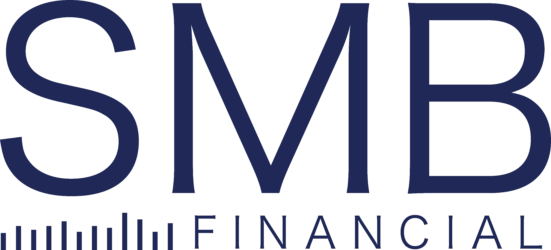“Boeing can afford to make costly investment mistakes, but the average retiring investor cannot.”
Major investing mistakes cost Boeing big-time last November. Although Boeing admitted no fault, they settled a lawsuit alleging they used high-priced investment options and had poor management of those funds in their 401(k). That cost them the second largest settlement of all time in 401(k) disputes of $57 Million. Only IBM has settled a 401(k) dispute for a larger amount.
Here’s the thing, Boeing can afford to make costly investing mistakes, but the average retiring investor cannot.
In working with retiring Boeing employees we found that the mistakes Boeing made are not uncommon among investors. In fact, we have too many people come to see us who have either paid too much in fees or received terrible investment advice and it ends up negatively affecting their retirement. This article will briefly talk about how to avoid these mistakes and find a better strategy.
Boeing’s 1st mistake
The first thing any retiring Boeing employee should do before they roll their 401(k) anywhere is to ask about the price, fees, commissions, and anything else that will be paid. Make the advisor squirm a little by asking them to compare their product or strategy with a cheaper alternative and explain the pros and cons.

Some products (index or variable annuities and mutual funds) make it difficult to find the total fees (we even have trouble finding them all!). But, they can be high. Variable annuities may cost upwards of 3% per year and can have surrender charges that lock up your money for 7-10 years. They need these high fees and long lock up periods because the advisors can make 5-10% commission to sell these. That can be a $25,000 – $50,000 payday on a $500,000 account for a few hours of paperwork. Does that sound appropriate? We don’t think so either.
There are many reasons not to buy annuities. Please do yourself a favor and stay away from any investment that pays the advisor commissions. Contact us for more information on this.
It’s far better to select a Certified Financial Planner (CFP®) who will work with you on a fee basis. This means the planner will take a smaller amount of your investment (closer to 1% of assets under management instead of 3%) every year. A fee-based CFP® also has no way to generate commissions on your investments, and typically has no surrender charges in this situation. The beauty of this is if you become dissatisfied, you can move to a different advisor at any time. This is a much more reasonable approach, and it just happens to be how we do business… big shock, I know.
Boeing’s 2nd mistake
The other mistake Boeing made was not getting great advice on the quality of investments being offered within the 401(k). As an investor it’s imperative to know where the investment advice is originating from. Getting advice from a random advisor can be scary. It’s important to learn where he or she is getting their information from. If they say they “figured it out on their own” that’s not a good sign and you should move on.
After a dozen years now we’ve found a great resource in Morningstar, a Chicago based company specializing in investment analysis for planners like us. They have a great reputation and rock-solid advice backed up with a great track record that we implement for our own portfolios as well as our clients.
One of their portfolios is income focused and invests in individual stocks of well known companies (Johnson & Johnson, Kraft, Chevron, Clorox…) with growing dividends. This is what most of our retired clients are invested in and it has provided a great source of income of approximately 4-5% per year from dividends and growth as well.
There are also other resources we follow to help with investing and financial planning including Motley Fool, TD Ameritrade, Bob Doll, CFA society, CFP board… We never claim to be the smartest minds in this business, but over the years we believe we’ve found the best and the brightest and we pay for their advice to help us benefit our clients.
A better strategy
It’s imperative a retiring investor use a proven strategy. I won’t go into annuities again, but Boeing employees who have the guaranteed monthly pension most likely do not need more guarantees that come with annuities (depends on risk tolerance). Also, banks are not a great source of return either with rates on CD’s and money markets at historical lows.
Given the limited options for getting a decent return on investments outside the stock market, retirees have been forced to consider stocks. But how should they invest? Mutual funds or individual stocks? Growth or income? Day trade or buy and hold? Our answer is to keep it simple and use the illustration of the goose and the golden egg.
With many retirees now living three decades after retirement, spending down the total investment (a common strategy) robs the future by killing the goose. Instead, retirees should live off monthly payments the investment produces called dividends (interest from bonds). We specialize in helping retirees implement this strategy. We do this with research from experts with decades of experience.
If you’d like to talk any of this over with us please feel free to Contact Us or you can visit Our Offer page to learn how you can test drive our services free of charge. We’re happy to spend time with prospective clients reviewing their situation and doing some planning to help them determine if we’re a good fit.
Thanks for taking the time to read,
-Tim Porter, CFP®
(503) 387-3222
Tim@JoinRIA.com
